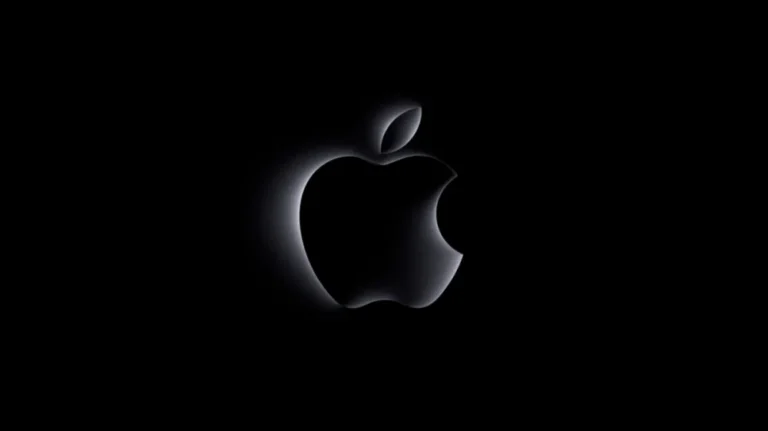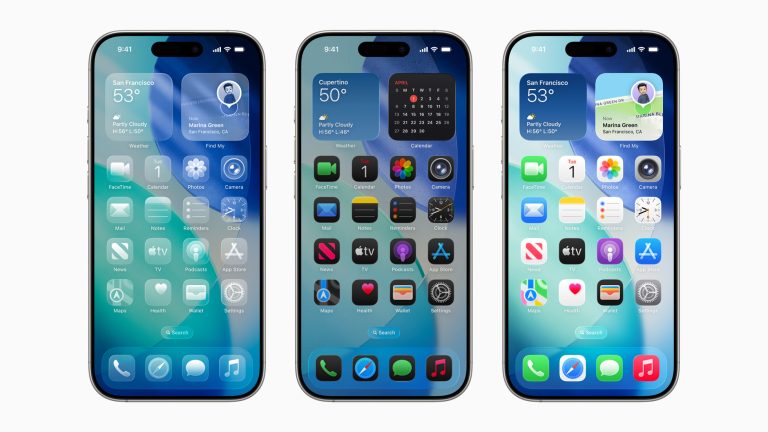
Proton has officially joined the legal battle against Apple, accusing the tech giant of violating antitrust laws and undermining the interests of developers, users, and data privacy.
In its complaint filed with the U.S. District Court for the Northern District of California, Proton alleges that Apple is abusing its dominant position by exerting oppressive control over the iOS ecosystem and the App Store, thereby stifling competition. The company is urging the court to compel Apple to permit alternative app stores and grant developers the ability to fully disable Apple’s built-in payment system, as well as to provide unrestricted access to iOS system interfaces.
The legal struggle with Apple on these grounds has persisted for years. The most prominent case remains that of Epic Games, which filed suit in 2020 seeking the right to distribute apps and process payments outside of the App Store framework. Although the court largely sided with Apple, it ordered the company to allow developers to inform users of alternative payment methods. However, Apple’s compliance with this directive remains in question, as a recent judicial review cast doubt on its good faith and even hinted at potential noncompliance.
In Europe, the regulatory landscape has shifted more aggressively. Authorities have already mandated that Apple enable app distribution through third-party marketplaces, opening new avenues for developer-user engagement. Proton now seeks to achieve similar reforms in the United States, arguing that American users and businesses should not be placed at a disadvantage relative to their European counterparts.
By aligning itself with a coalition of South Korean developers who filed a parallel suit in May 2025, Proton contends that Apple’s conduct contravenes U.S. antitrust laws. The company warns that failure by American regulators to intervene would entrench Apple’s monopoly, resulting in higher prices, reduced consumer choice, and a stagnation of digital innovation.
Proton also underscored that Apple’s monetization model disproportionately penalizes companies that refuse to traffic in user data. While many free apps offset costs by monetizing personal information, privacy-focused services like Proton rely on subscription-based models. Apple, however, imposes commission fees even on these subscriptions, further complicating operations for companies that prioritize user confidentiality.
Proton recalled its 2020 dispute with Apple, when the latter initially refused to publish an update to the Proton VPN app, citing concerns that it might “bypass censorship filters.” Apple eventually relented, but Proton maintains that the episode revealed the company’s tendency to prioritize profit over the public interest.
The company further noted Apple’s routine removal of VPN and privacy-enhancing tools from its app stores, particularly in restrictive markets like China and Russia. In 2024, for instance, sixty VPN applications were purged from the Russian App Store, with the total number of banned services nearing one hundred.
As of the time of publication, Apple had not issued a public response to Proton’s allegations.






